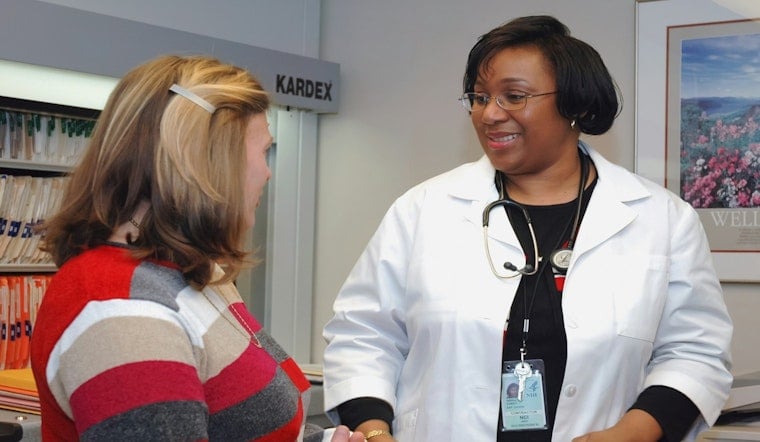
Residents of the Minneapolis area, take heed: sexually transmitted infections (STIs) are stealthy adversaries in the public health arena, often presenting with the most deceptive symptom of all — none whatsoever. The City of Minneapolis Health Department reminded citizens in a Facebook post today that regular STI testing is a cornerstone of sexual health, particularly because many infected individuals may not experience noticeable symptoms. They're offering a clarion call: Know your status, no excuses, no cost.
The post, which sharpens the focus on the often silent nature of STI symptoms, emphasizes the importance of routine checkups. "The only way to know if you have an STI is to get tested," the Health Department post warns, underlying the crucial fact that assuming one's own sexual health based on a lack of symptoms is a gamble not worth taking, and with School Based Clinics providing free testing, there’s no barrier to knowing your status.
STIs have long been a pervasive challenge, threading through populations with a pernicious reach that outpaces public awareness and proactive testing. According to the Centers for Disease Control and Prevention, millions of new STI cases are reported each year in the United States alone, underscoring the pervasive nature of these infections.
In the digital outreach effort, the Minneapolis Health Authority arms citizens with the necessary tools to engage in the fight against STI transmission; free testing at School-Based Clinics appears to be their chosen spearhead in this battle, providing a confidential and accessible way for individuals, especially the youth, to take charge of their sexual health and stem the tide of infection that can intrigue without a single whisper of their presence until it is potentially too late.
The community response to initiatives such as this can often be the tipping point in achieving broader public health objectives. As citizens recognize the gravity of STIs and embrace the resources available to them, cities like Minneapolis hope to see a downtrend in transmission rates, fostering a healthier community where proactive health measures are not only encouraged but normalized. For more information or to find a clinic, interested parties can visit the Facebook post by the City of Minneapolis Health Department.



-3.webp?w=1000&h=1000&fit=crop&crop:edges)





